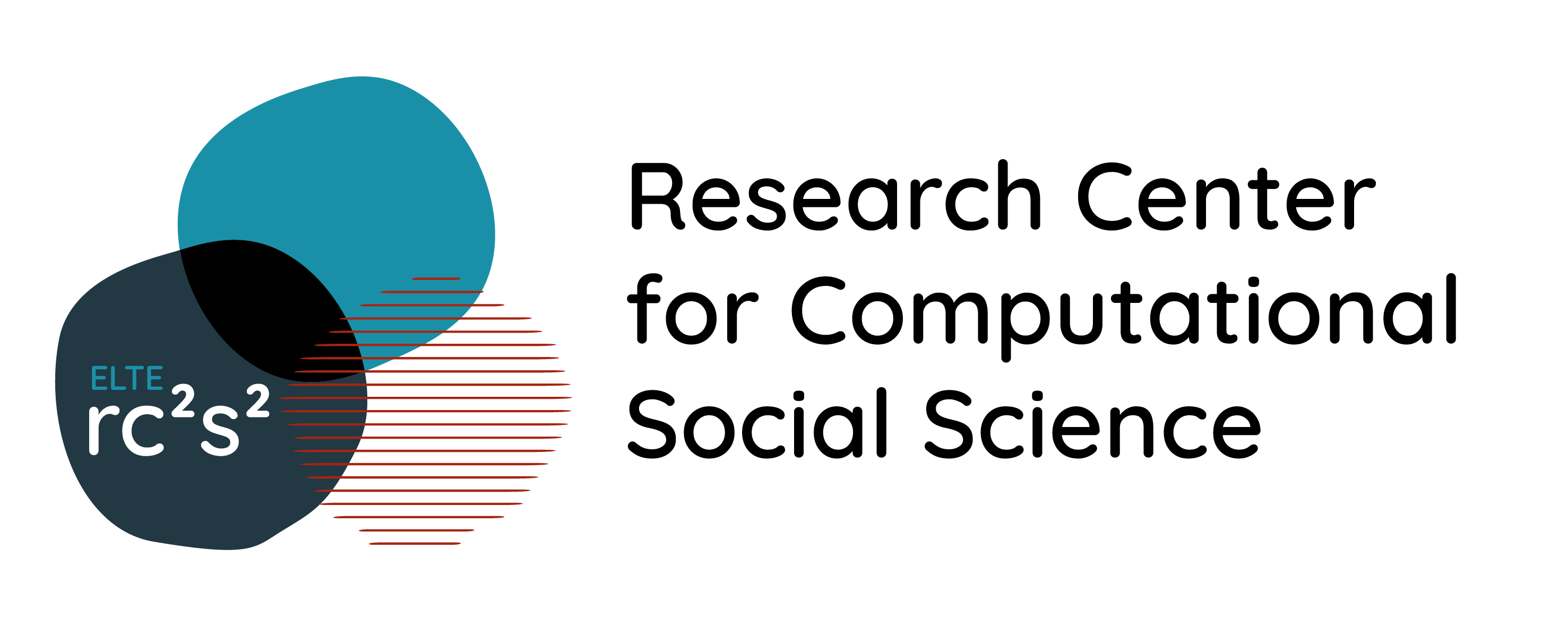Depression is a disease of modernity, where societies impose increased responsibility on the individual, while the individual does not have the opportunity to change his or her circumstances (Sik 2018). In this sense, the problem of depression is embedded into the more general problem of the distortion of social integration.
A current question in sociology is how mental disorders are framed by health professionals and by the patients themselves. A related questions is how psychotherapists transform social suffering into suffering related to the self (see e.g. Flick, 2016).
Previous research in this field has been primarily qualitative. Investigators have used qualitative content analysis of offline texts (personal diaries, letters, interviews) to investigate the framing of depression (e.g. Riskind et al, 1989). We believe that there is significant research utility in the application of automated text analysis methods to investigate the framing of depression in online, patient-generated non-clinical texts.
We investigate the potential for NLP techniques in understanding individual framing of depression in online health communities. Framing of depression is a social construction, it defines the meaning of depression, gives a causal explanation of it and can even determine treatment preferences. The current clinical explanations of depression point to biological, psychological and social discourses (e.g. Comer, 2015).
Forum posts are classified into three framing types by applying different supervised learning algorithms, then distribution and mixture patterns of framing types, their influencing contextual/linguistic/topical factors, and dynamics of these features are examined. We addressed the following questions: How are the three main types of framing distributed? In what pattern are they mixed with each other? What contextual factors (type of forum, communicative behavior of author etc.) influence which framing type is utilized?
Related Results
The article by Renáta Németh, Domonkos Sik, Bendegúz Zaboretzky and Eszter Katona entitled "Depression in times of a pandemic - the impact of COVID-19 on the lay discourses of e-mental health communities" was published in the journal Information, Communication & Society.
View Result
Details
On 22nd June our ELTE-TINLAB research team hosted a workshop titled 'Online lay depression discourses – research summary and recommendations by the ELTE-TINLAB depression forum research team', inviting professionals involved in health care and e-mental health. Our research last semester was based on two questions: How are the online depression [...]
View Result
Details
One of our researchers, Fanni Máté has gotten her paper published in the special issue of the journal Metszetek. Fanni applies logistical regression to map out depression’s interpretative frames in non-professional discourse.
View Result
Details
Renáta Németh, Fanni Máté, Eszter Katona, Márton Rakovics and Domonkos Sik published their results in the journal Quality and Quantity: International Journal of Methodology with the following title: " Bio, psycho, or social: supervised machine learning to classify discursive framing of depression in online health communities ".
View Result
Details
The Journal Egészségfejlesztés requested a short report for Hungarian professionals about the results of our research series in the topic of online depression forums.
View Result
Details
Domonkos Sik, our team member, has just published a new book by Routledge summarizing ten years of research on social suffering: https://www.routledge.com/Empty-Suffering-A-Social-Phenomenology-of-Depression-Anxiety-and-Addiction/Sik/p/book/9781032045573 Domonkos leads our research team's analysis of online depression forums: https://rc2s2.elte.hu/en/project/discursive-framing-of-depression-in-online-health-communities/
View Result
Details
A publication of our research group has been published by Journal of Mental Health (IF 4.3). If you don’t have access to T&F, feel free to use one of the 50 free online copies: https://www.tandfonline.com/eprint/AFFUU26JFMIB7BNXATAZ/full?target=10.1080/09638237.2021.1979493
View Result
Details
Nowadays, online communities are typical sources of social support, which is a considerable help especially for those suffering from depression or anxiety. The aim of my research is to investigate the patterns of social support on an online depression and anxiety forum and to serve as an exploratory research of [...]
View Result
Details
New results of our project ‘NLP analysis of online depression forums’ was published in SSM Population Health (D1) written by Renáta Németh, Domonkos Sik and Eszter Katona. The asymmetries of the biopsychosocial model of depression in lay discourses - Topic modeling of online depression forums.
View Result
Details
Sik Domonkos: From mental disorders to social suffering: Making sense of depression for critical theories. EUROPEAN JOURNAL OF SOCIAL THEORY (2018) Sik, Domonkos: Válaszok a szenvedésre: A hálózati szolidaritás elmélete. Budapest, Magyarország : ELTE Eötvös Kiadó (2018) , 228 p. Sik, Domonkos: A szenvedés határállapotai: Egy kritikai hálózatelmélet vázlata. Budapest, [...]
View Result
Details
The article aims at analysing online depression forums enabling lay reinterpretation and criticism of expert biomedical discourses. Firstly, two contrasting interpretations of depression are reconstructed: expert psy-discourses are confronted with the phenomenological descriptions of lay experiences, with a special emphasis on online forums as empirical platforms hosting such debates. After [...]
View Result
Details
Social scientists of mixed-methods research have traditionally used human annotators to classify texts according to some predefined knowledge. The ‘big data’ revolution, the fast growth of digitized texts in recent years brings new opportunities but also new challenges. In our research project, we aim to examine the potential for natural [...]
View Result
Details
In our research we aimed at gathering and automatically classifying online forum posts into the above three framing types by applying different supervised learning algorithms. As our dataset, we decided to use depression-related posts from the most popular English-speaking health forums within the time interval 2016-2018. We obtained only publicly [...]
View Result
Details
